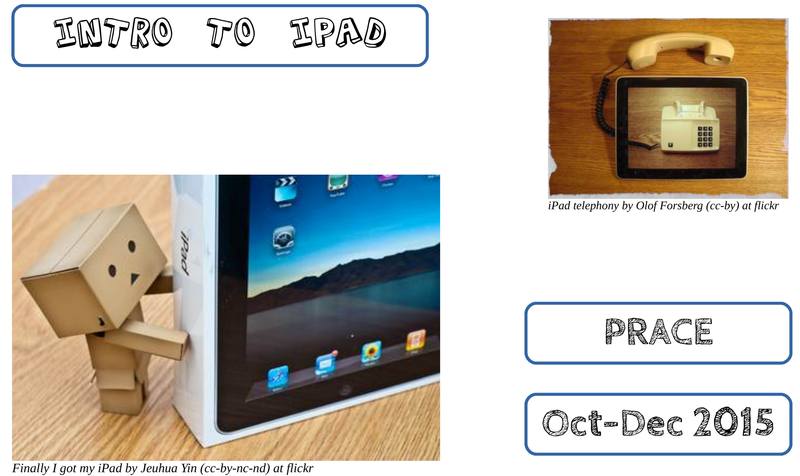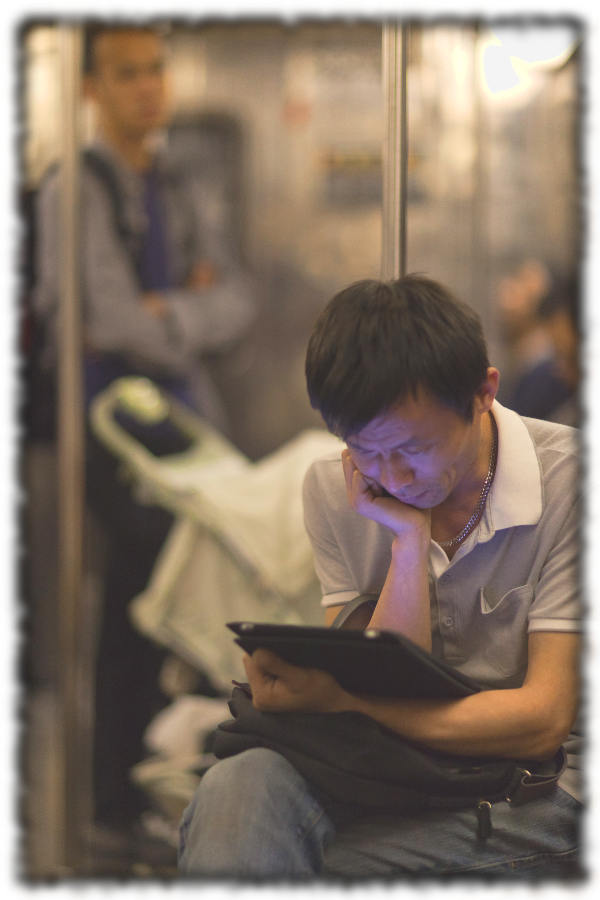Colin Lankshear and Michele Knobel’s (L&K) own chapter in their book “digital literacies” investigates the social networking site Facebook in the light of multiple literacies. Within that environment, literacies have a strong tendency to be “relational” rather than informational. Hence the “super-poke” is all about connecting with a friend or colleague rather than transmitting any particular information. Membership in “groups” signals identity, but may not involve any actual communication or participation within the group. Previous studies into social networking include: network theory, signaling theory, human geography theory, social contract theory, Read More …



